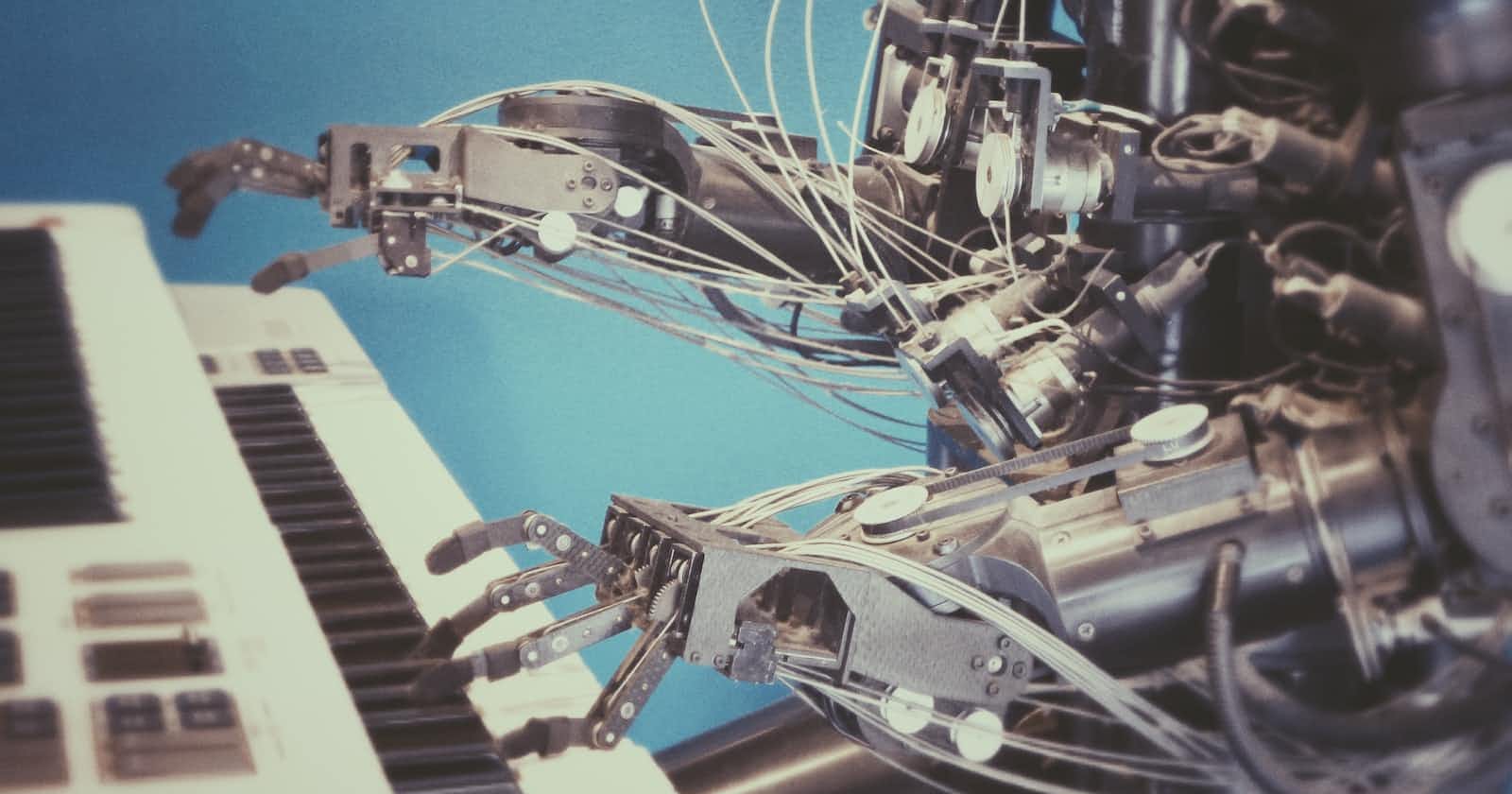
Photo by Possessed Photography on Unsplash
Exploring the effects of AI on various industries and the potential for new job opportunities
The Impact of Artificial Intelligence on Employment: Job Replacement and Creation
Artificial intelligence (AI) is rapidly becoming a part of our everyday lives, and it is no surprise that it is also having a significant impact on the workforce. In this article, we will explore how AI is impacting employment, including both job replacement and job creation. We will also look at how AI is augmenting human capabilities in various fields.
Introduction
AI refers to the ability of machines and computer systems to perform tasks that would normally require human intelligence, such as recognizing speech, understanding natural language, and making decisions. Today, AI is increasingly being used in a wide range of industries and applications, from manufacturing and transportation to healthcare and finance.
Automation and Job Replacement
One of the most obvious ways in which AI is impacting employment is through automation. In manufacturing, for example, robots and other forms of automation are being used to perform tasks that were previously done by humans, such as assembling products, welding, and painting. Similarly, in the retail industry, self-checkout machines and other forms of automation are being used to replace cashiers and other front-line employees.
The field of transportation is also likely to be impacted by AI in the form of self-driving cars, trucks, and drones. This could lead to the displacement of human drivers, including truck drivers, delivery drivers, and taxi drivers. Furthermore, the field of customer service is also likely to be impacted by AI. Chatbots, for example, are already being used to handle routine customer service inquiries, such as answering questions about product availability or providing shipping information.
Job Creation
While AI is replacing some jobs, it is also creating new employment opportunities. The development and maintenance of AI systems will require a skilled workforce, leading to the creation of new jobs in fields such as data science, computer engineering, and machine learning. Additionally, as AI systems take on more routine tasks, humans will be freed up to focus on more creative and strategic work.
Augmenting Human Capabilities
AI is also being used to augment human capabilities in various fields. For example, in medicine, AI-powered diagnostic tools are being used to assist doctors in diagnosing diseases. Similarly, in law, AI is being used to assist lawyers in researching case law. In finance, AI is being used to identify trends in financial data. By augmenting human capabilities, AI is helping professionals in these fields to work more efficiently and effectively.
Conclusion
In conclusion, AI is having a significant impact on the workforce, both by replacing jobs and by creating new employment opportunities. While it is true that AI has the potential to replace some jobs, particularly those that involve repetitive or predictable tasks, it is also likely that AI will create new jobs and opportunities. Additionally, AI is augmenting human capabilities in various fields, helping professionals to work more efficiently and effectively. As AI continues to evolve and become more prevalent in our society, it will be important to consider the implications for employment and to take steps to ensure that everyone can benefit from this technology.

